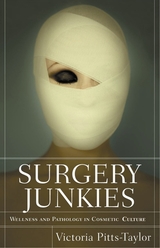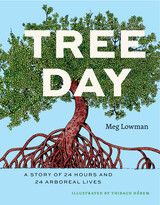



The Physiology and Pathology of the Cerebellum was first published in 1958. Minnesota Archive Editions uses digital technology to make long-unavailable books once again accessible, and are published unaltered from the original University of Minnesota Press editions.
The development of electrical methods of recording activity in the nervous system has greatly augmented our knowledge of cerebellar physiology. Now, for the first time in a single volume, this new information has been related to facts derived from older methods of investigation. Previously unpublished reports of experiments conducted at the Institute of Physiology, University of Pisa, Italy, also are included.
The authors, an American clinical neurologist and an Italian neuro-physiologist, have collaborated to provide a comprehensive review of cerebellar physiology and a survey of the clinical symptomatology of cerebellar disorders and the pathology of the cerebellum.
In Part I, devoted to the physiology, the authors review the literature completely and place it in proper relation to the latest developments in this field. There are chapters on this history of cerebellar physiology, ablation experiments, stimulation experiments, electro-physiological experiments, the relations between the cerebellum and other central nervous structures, developmental physiology, and the functions of the cerebellum, considered generally.Part II is devoted to the human cerebellum as studied in the clinic. Where anatomical and physiological observation may shed light upon obscure clinical findings, the laboratory data are related to the clinical investigations. The disorders and diseases affecting the cerebellum are systemically reviewed. The book is illustrated with 61 halftones and 124 line drawings.

READERS
Browse our collection.
PUBLISHERS
See BiblioVault's publisher services.
STUDENT SERVICES
Files for college accessibility offices.
UChicago Accessibility Resources
home | accessibility | search | about | contact us
BiblioVault ® 2001 - 2025
The University of Chicago Press









